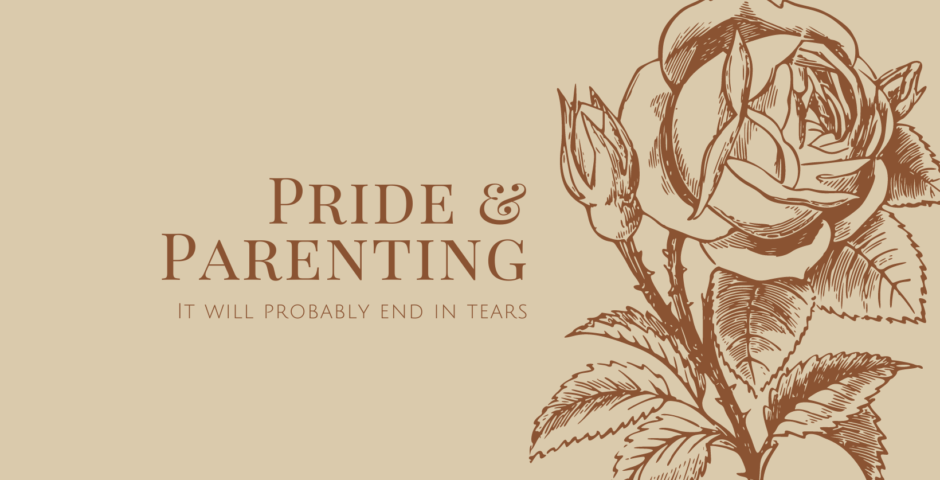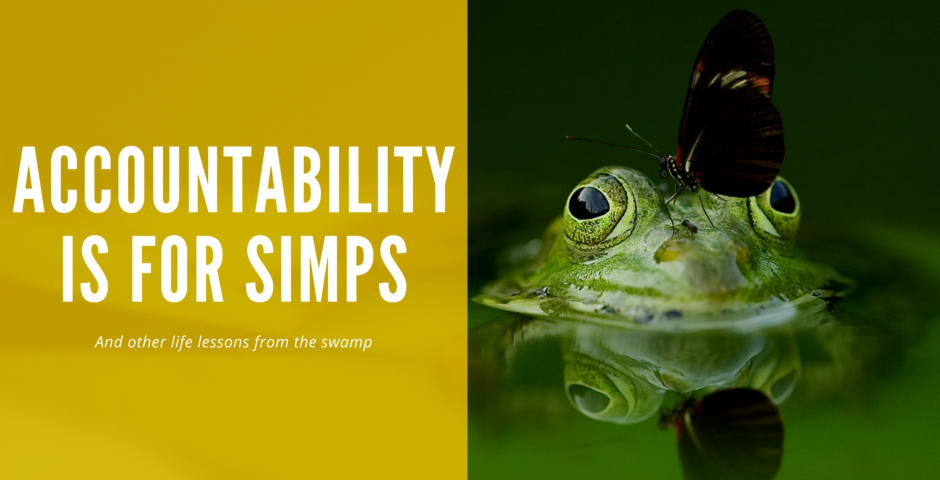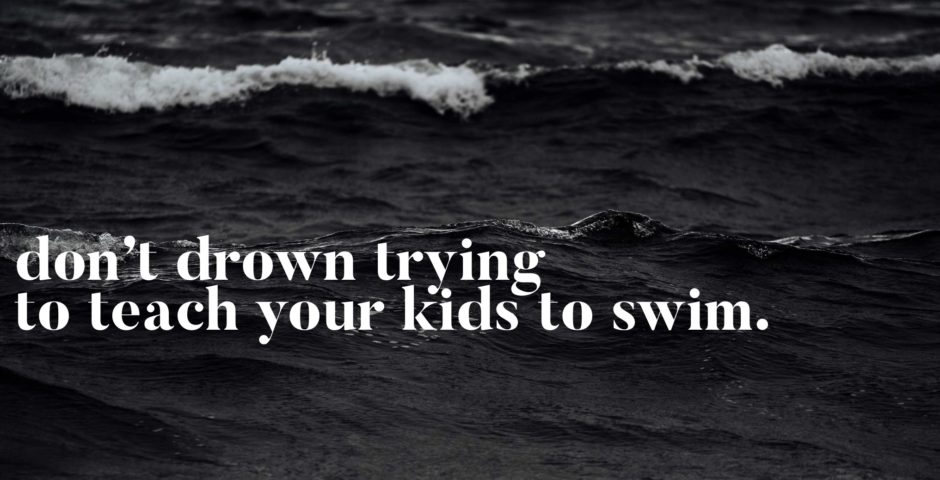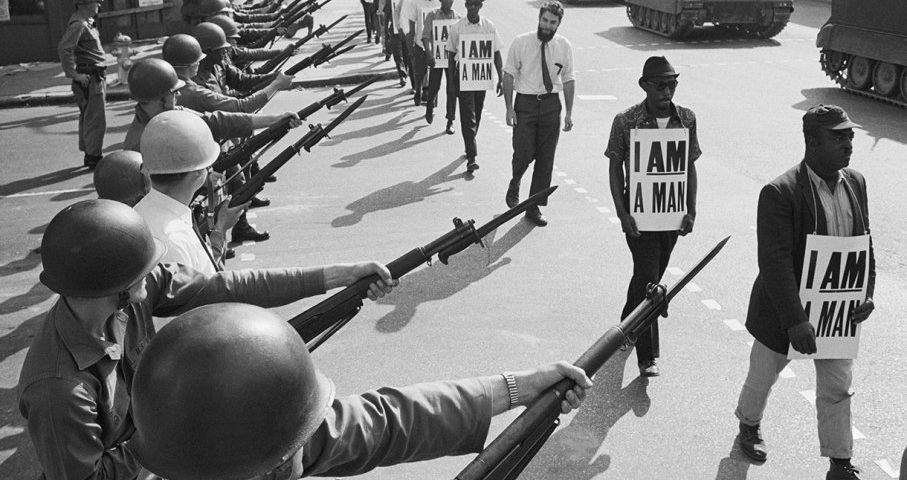
Desirability is Social Currency, and Other Epiphanies From a Lovelorn Teen
“Mom? Do you have a minute?”
Please ask me for help getting juice out of the fridge. Please as me to pour you a bowl of cereal…
Of course, the voice asking me for my attention was many years past the need for such assistance. My Lord, I long for the days when the primary requirements of effective mothering were 90% physical. These days I feel like I need a PhD in nuclear physics to do the job any justice. But I only have a BA in Mass Media and a life-long commitment to on-the-job training for parenting, so I inhaled deeply, plastered a smile on my face and rolled over to meet the gaze of my child.
“Sure,” I said. “Of course.”
“What’s wrong with me?”
The question had a jolting effect. What was the genesis of this query? Was it in reference to her physical appearance, her mental health? We’ve done this dance enough times to know that there was only one way to find out.
“What do you mean?”
She sighed deeply before launching into a semi-coherent missive. Something about a boy at a beach party she’d recently attended and all her friends/classmates pairing off in couples and left alone to capture images of the night sky on her Samsung. What she described was the plot of every teen Nickelodeon flick ever scripted. I waited for the part where 16-year-old Paul Rudd materialized by her side, bore into her sole with his earnest blue eyes and begged to watch the heavens in blissful silence with her.
…but he never did, and that was the problem.

The issue was immediately apparent, and I felt nothing but compassion and told her as much. I remember what it was like to feel the odd person among your peers; that feeling of doubt about your value because your current existence does not tick all the right boxes; the constantly comparing yourself to your friends because they seem to have it all, and in “having it all” are much more accepted than you will ever be.
“It sucks,” she agonized.
“It does,” I agreed. “It sucks bad.”
When I was my daughter’s age, I had no problem getting or keeping a boyfriend. I was funny, considered pretty by conventional standards and had a partial African-American background: something that pushed me up in the social rankings because Ghanaians (at the time) saw anything as foreign/exotic as having more esteem. But my family was broke. I mean broke-ity-broke…and though I did my best to hide it, I carried around a lifetime of insecurity about my precarious financial situation. My value to my peers was that I kept them laughing and looking good.
My daughter’s current situation is the inverse. She has ready access to cash and resources, and is often relied upon to foot bills (or carry the lion’s share of the bill) when she is invited out. She does this because she has a kind heart, but she is also very aware that this is the value that she brings to her group of peers. And while she is gorgeous (and I’m not bragging when I say this: the girl has a fabulous figure), she is not considered the “ideal” girl to date. This is the source of her insecurity.
“What? Is it because I’m too tall and too black?” she raged. Her exasperated shouts drew her two younger siblings into my bedroom where the powwow was being held.
“Actually, yes.” I did not sugarcoat my affirmation. What would be the point? “You have to remember that we live in the Western Cape in South Africa. There are more white people per capita here than in any part of the country. And on top of that, you go to a small private school where you are one of 6 Black kids. You and your siblings make of 50% of the Black population at the school. You are the only Black girl in your age group…and we still live in a very race conscious country. So while you may have tons of white friends who are happy for the Black American girl to pay for trips to the movies, it is very unlikely that a white South African boys are going to introduce you to their parents as someone they are romantically interested in.”
Her sister, resplendent in her newly discovered wokeness, nodded. “It’s true.”
Her brother offered this helpful bit of advice: “You’re never going to get a boyfriend.” He went on to disclose that he knew for a fact that there were two girls in his group that had a crush on him and that no one was EVER going to have a crush on her because she was annoying and talked funny. (This is why little brothers get their asses whipped, by the way.)
The squabbling was actually a useful distraction in that it allowed me to collect my thoughts and recall 16 with all its wonders and horrors. Like my child, I too attended an exclusive/experimental school with a small student population. In the two years I was at HGIC in Tema, I only dated one boy and it was weird. I considered our class – 36 of us – more like siblings than classmates; though you couldn’t tell by the way our mates industriously formed relationships with one another. Still, the experience proved useful now.
“Look…sometimes these things are just a waiting game. When you’re in a small school like yours, sometimes you just have to wait until The Guy gets to you…or you get to him.” What was I saying? Where was African Mummy in this moment? “Just make sure you are not doing things that betray your common sense in order to get and keep that kind of attention!”
Whew. There she was! I knew AfriMom would never abandon me.
My lovely, talented daughter signaled that she understood, and then made this observation as she flounced on the bed:
“It’s not even that I want to have a boyfriend. It would just be nice to know that someone finds me pretty enough to consider asking.”
“You want to be considered desirable…?”
“Yes! That’s it.”
We sat on the bed in silence before she rose and left abruptly, thanking me for listening, obviously still frustrated. I’ve been thinking about our chat for days. What she is experiencing is a very grown-up feeling, one that occupies the consciousness of many women and girls in our youth obsessed, image conscious society. (Of course, there are exceptions like my other daughter, who would rather be feared and respected than desired.) My natural inclination is to advise her not to worry so much about her looks, but that advise comes from a place of pretty privilege. In our inverse/insecure contexts, I can’t imagine anyone cautioning me against worrying about how to secure my family’s financial future and working towards that goal. Why is one pursuit considered more frivolous than the other?
What are your thoughts on desirability as social currency- at an age? I’d love to hear your thoughts in the comments or on Twitter!




